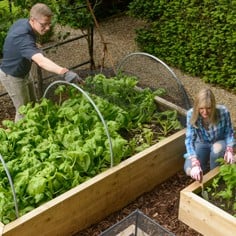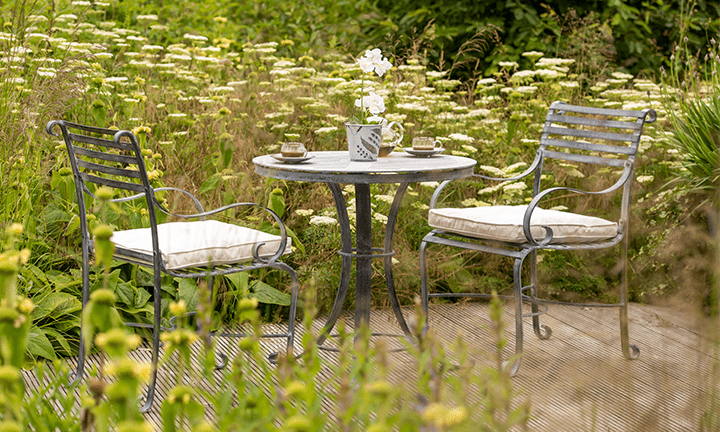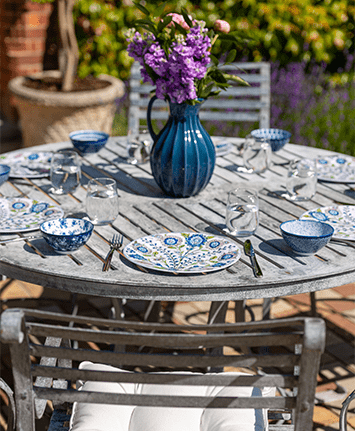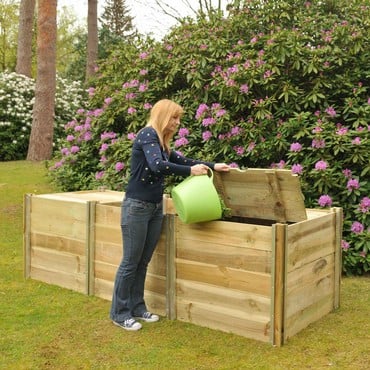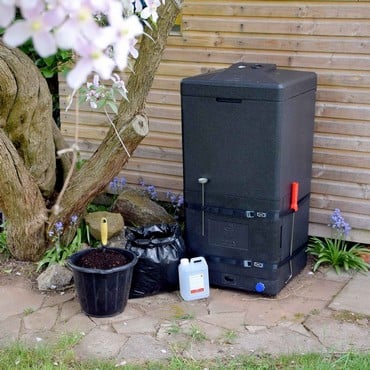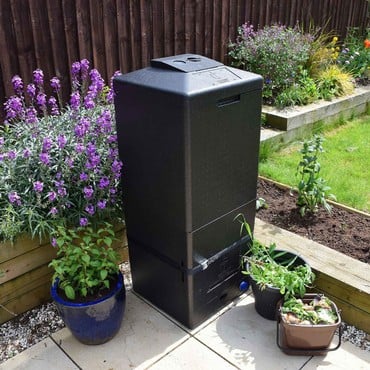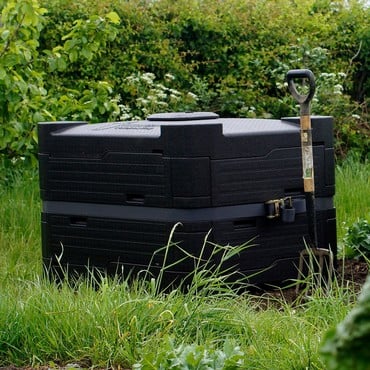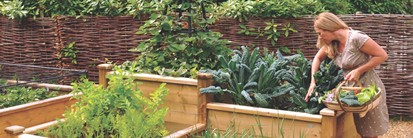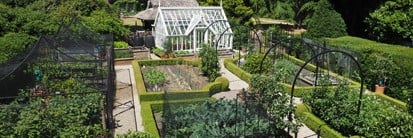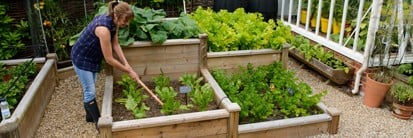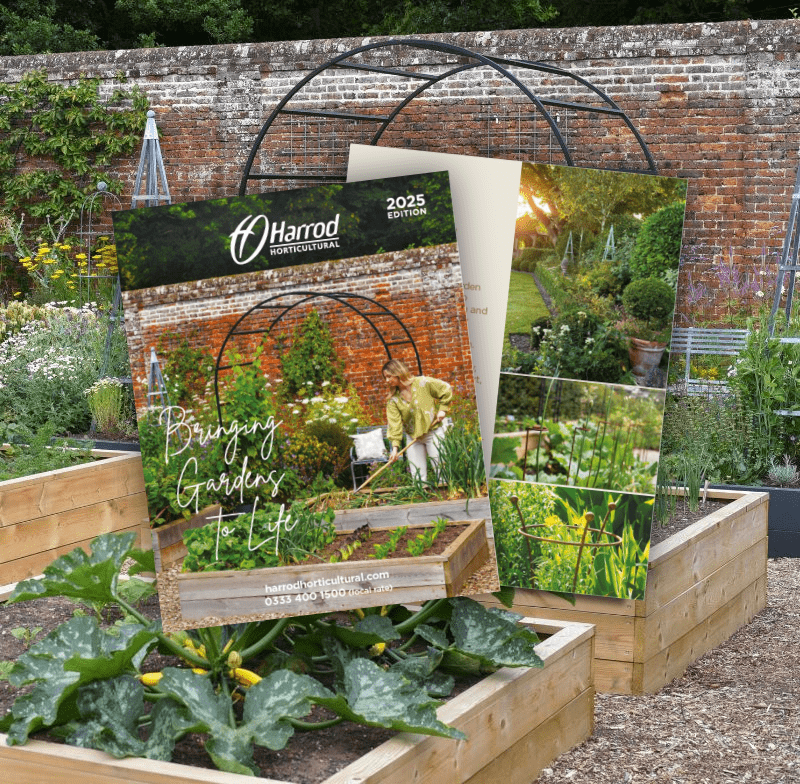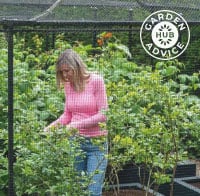As we move into August, it's an excellent time to start composting and make the most of your garden waste. Composting is a simple yet impactful way to reduce waste, enrich your soil, and contribute to a more sustainable lifestyle. Whether you’re new to composting or looking to refine your skills, this guide will help you get started.
_4113.png)
What is Composting?
Composting is the natural process of recycling organic matter, such as kitchen scraps and garden waste, into a nutrient-rich soil conditioner known as compost. By composting, you’re allowing these materials to break down and return to the earth, where they provide essential nutrients to your soil.
Why Compost?
There are many reasons to compost. Not only does it reduce the amount of waste sent to landfills—cutting down on harmful greenhouse gas emissions—but it also produces a nutrient-rich compost that can dramatically improve your garden. Compost enhances soil structure, retains moisture, and encourages healthier, stronger plant growth. In short, composting is a simple step that yields significant benefits for both your garden and the environment.
What Can Be Composted?
- You might be surprised by how many materials you can compost! Here’s a quick list:
- Kitchen scraps: Fruit and vegetable peelings, coffee grounds, eggshells, and tea bags.
- Garden waste: Grass clippings, leaves, twigs, and plant prunings.
- Paper and cardboard: Shredded paper, cardboard egg cartons, and paper towels.
- Other organic materials: Wood chips, sawdust, and even hair.
What to Use Homemade Compost For
- Once your compost is ready, it has a variety of uses:
- Improving soil: Mix it into your garden beds to enrich the soil and boost plant growth.
- Top dressing: Apply it around the base of your plants as a slow-release fertiliser.
- Mulching: Spread it over the soil surface to retain moisture and suppress weeds.
- Potting mix: Combine it with other materials to create a nutrient-rich potting mix for your container plants.
How Long Does It Take to Make Compost?
The composting process typically takes anywhere from a few months to a year, depending on the materials you use and how often you turn the pile. To speed things up, chop up larger pieces of organic matter and turn your compost regularly to aerate it.
Hints and Tips for Getting Started with Composting
- Layer your materials: For balanced composting, alternate between green materials, such as fruit and vegetable scraps, which are rich in nitrogen, and brown materials like dried leaves and cardboard, which are high in carbon. This balance helps create the right environment for effective decomposition.
- Keep it moist, but not wet: Your compost should feel like a damp sponge—neither too dry nor too wet. This ensures that the materials break down properly without becoming waterlogged or drying out.
- Turn your compost regularly: Aerating your compost by turning it regularly helps speed up the decomposition process and prevents unpleasant odours.
- Be patient: Composting is a natural process that takes time. Keep adding materials to your bin, and eventually, you’ll be rewarded with rich, fertile compost.
The Benefits of Composting in August
- August is the perfect time to start composting for several reasons:
Abundance of garden waste: As the growing season winds down, there’s plenty of garden waste to compost. - Prepare for autumn: Starting now means your compost will be well underway, ready to enrich your garden beds for autumn planting.
- Tidy up your garden: Composting helps you manage the increase in garden waste as you begin to clear out summer plants.
Ready to start your composting journey this August? Whether you choose a small bin for quick composting in limited space or a larger bin for handling a more significant amount of waste, composting is a rewarding practice that benefits both your garden and the environment.
Happy composting!






